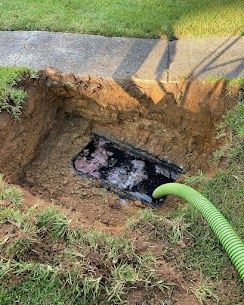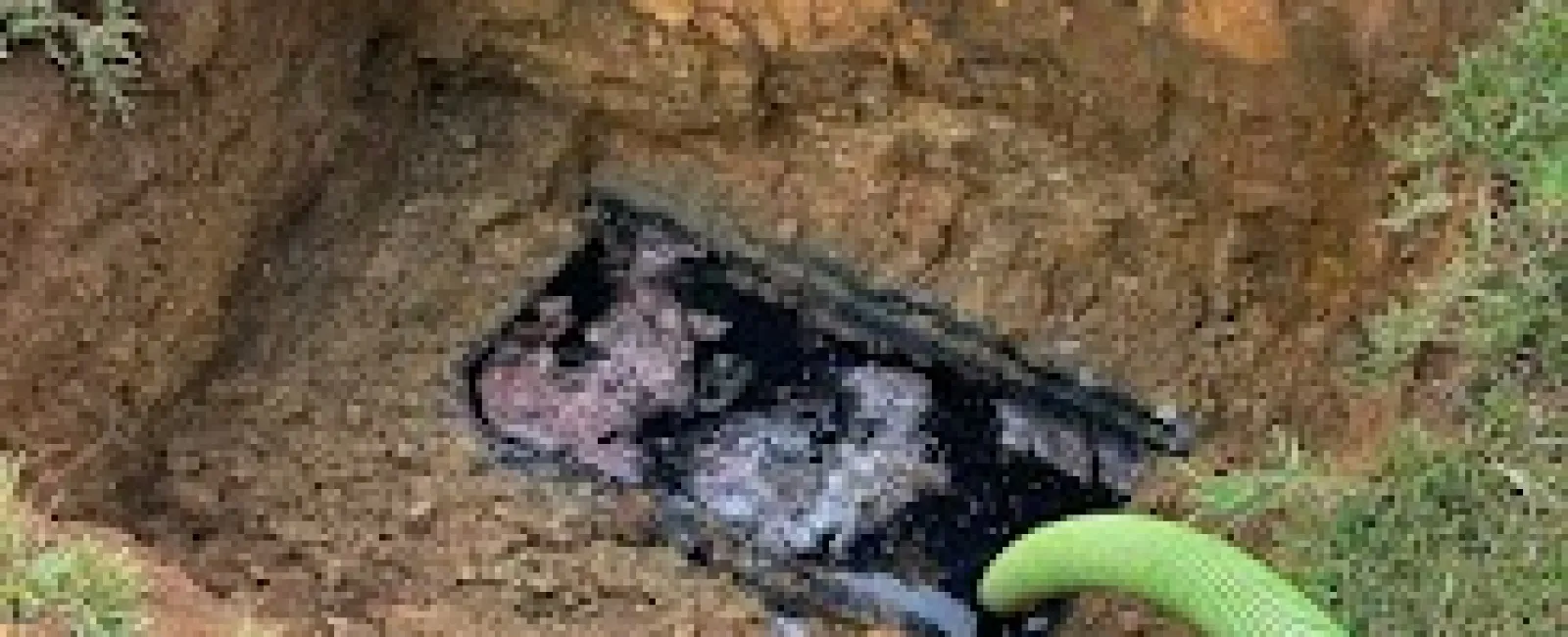- Septic drain lines distribute wastewater from the tank to the drain field for natural filtration.
- Clogged or damaged drain field lines can cause backups, odors, and pooling water.
- Routine pumping and mindful water usage prevent clogs in drain lines septic system components.
- Scorpion Septic offers free pump outs with major repairs to help homeowners save on maintenance.

Septic systems do a lot of heavy lifting behind the scenes, with septic drain lines playing a critical role in transporting and filtering wastewater. If these lines get clogged or damaged, it can lead to costly repairs and environmental issues. This post will help you understand how drain lines septic system components work, what signs of trouble to watch for, and how to maintain them properly to keep your system running smoothly.
Septic drain lines, also called drain field lines, are a crucial part of your septic system's leach field. These perforated pipes distribute wastewater from the septic tank into the surrounding soil, where it is naturally filtered and absorbed. This process ensures that only treated water reenters the environment.
A typical system works like this:
- Wastewater flows from the home into the septic tank, where solids settle to the bottom and scum rises to the top.
- The partially treated liquid flows into drain lines septic system components, which are installed underground in the drain field.
- The water passes through gravel and soil, which act as natural filters to remove contaminants before returning clean water to the groundwater supply.
Common Issues with Drain Field Lines
Because drain field lines are underground, identifying issues early can be tricky. However, several common problems can compromise the system:
- Clogged or Crushed Lines: Non-biodegradable materials or excessive sludge can clog the lines. Heavy vehicles or tree roots may also crush or displace them.
- Soil Saturation: If too much wastewater flows into the field, the soil can't absorb it fast enough, causing backups or pooling water. This is especially common after heavy rains.
- Biomat Formation: Over time, a layer of organic matter (biomat) can build up around the drain lines, reducing the soil's ability to absorb water efficiently.
Signs of trouble include:
- Slow-draining sinks, tubs, or toilets
- Foul odors around the drain field
- Pooling water above the drain field
- Lush patches of grass directly over the lines
Addressing these issues quickly can prevent larger system failures.
Maintenance Tips for Healthy Septic Drain Lines
Routine maintenance is essential to avoid costly repairs and extend the life of your septic system. Here's how you can keep your drain lines septic system components working efficiently:
- Pumping the Tank Regularly: Regular pumping (every 3 to 5 years) prevents solids from reaching the drain lines and clogging them.
- Avoid Overloading the System: Monitor your household's water usage. Spreading out laundry loads and fixing leaks can prevent soil saturation.
- Watch What You Flush: Only flush human waste and toilet paper. Items like wipes, diapers, and grease can clog the lines.
- Protect the Drain Field: Keep heavy machinery, cars, and large plants away from the drain field to prevent damage to the drain field lines.
Repair and Replacement Costs
Even with good maintenance, you may eventually need to repair or replace parts of your drain field. The cost of repairing drain lines septic system components varies based on the size of the field and the extent of the damage.
- Minor repairs: $1,000 - $5,000
- Complete drain field replacement: $10,000 - $20,000
At Scorpion Septic, we provide transparent pricing and expert service. Plus, we offer a free pump out with all major repairs, which gives homeowners additional savings and peace of mind.
When to Call a Professional
If you notice signs of system failure—such as slow drains, sewage smells, or water pooling in the yard—it's time to call a professional. Attempting DIY fixes on a septic system can often lead to more damage. Scorpion Septic's experienced technicians are ready to help with inspections, repairs, and replacements.
Maintaining healthy septic drain lines is essential for the efficiency of your septic system. Whether you need an inspection, repair, or full replacement, Scorpion Septic offers reliable service and competitive pricing. With free pump outs on major repairs, we help you stay ahead of costly problems.
Contact us today to schedule an appointment and keep your septic system running smoothly!

